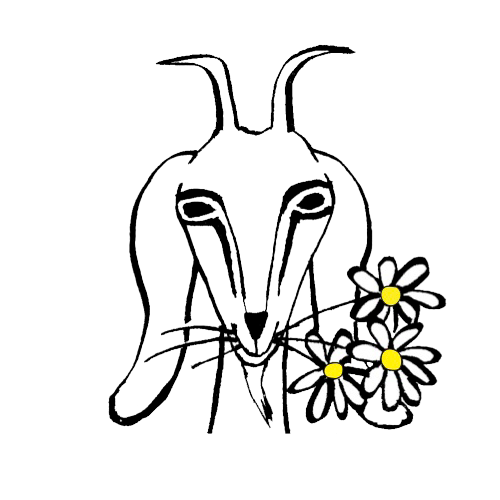Project Background
The Grenada Goat Dairy Project was established by the non-profit organization, The Grenada Project, in 2007 as a business model to showcase and train local farmers with an interest in transitioning to sustainable income-generating production and marketing strategies for goat dairy products in Grenada.
This project has been planned, developed and managed during the past four years entirely through volunteer efforts. The Goat Dairy has now ben incorporated as a separate 501c3 in the United States and non-profit incorporated organization, The Grenada Goat Dairy Project, a local registered non-profit incorporated company in Grenada, West Indies.
Leading specialists in the various fields of goat dairy health care and production have volunteered their time during the process of planning this project. They have continued to be available for consultation any time for TGD project. Local experts have also been involved since the inception of the project’s planning.
Goats and other small ruminants represent ideal farm animals for the island of Grenada. Constricted land mass, high start-up costs and limited markets preclude economically sustainable production involving the large domestic species for the independent farmer in small island nations. The goal of this project is to expand the training for farmers and continue to operate a small and efficient agricultural education/demonstration “goat dairy” facility and produce high standard/quality products for the local market. Demonstration and training workshops for the farmers provide information on husbandry and health care for goats. In addition, training is provided for farmers and other interested individuals in food safety, production, processing and packaging. A library of books regarding goat care and goat dairy information have been provided by The Grenada Project at Belmont Estate and all farmers are welcome to these resources.
The small farm concept seeks to encourage and maintain the cultural dignity of the small, independent family farmer, rather than factory farm methods of high-volume production and mass marketing. Eventually this will encourage an enterprise of cooperative farmers that is realistically available to a large number of Grenadian citizens. In the future, cooperative networking will enable farmers to associate and engage in a democratic process to distribute technical information relevant to successful production and to leverage collective economic advantages and privileges (e.g., bulk purchase of animal feeds, health maintenance products, infrastructure needs, government duty waivers, etc.).



